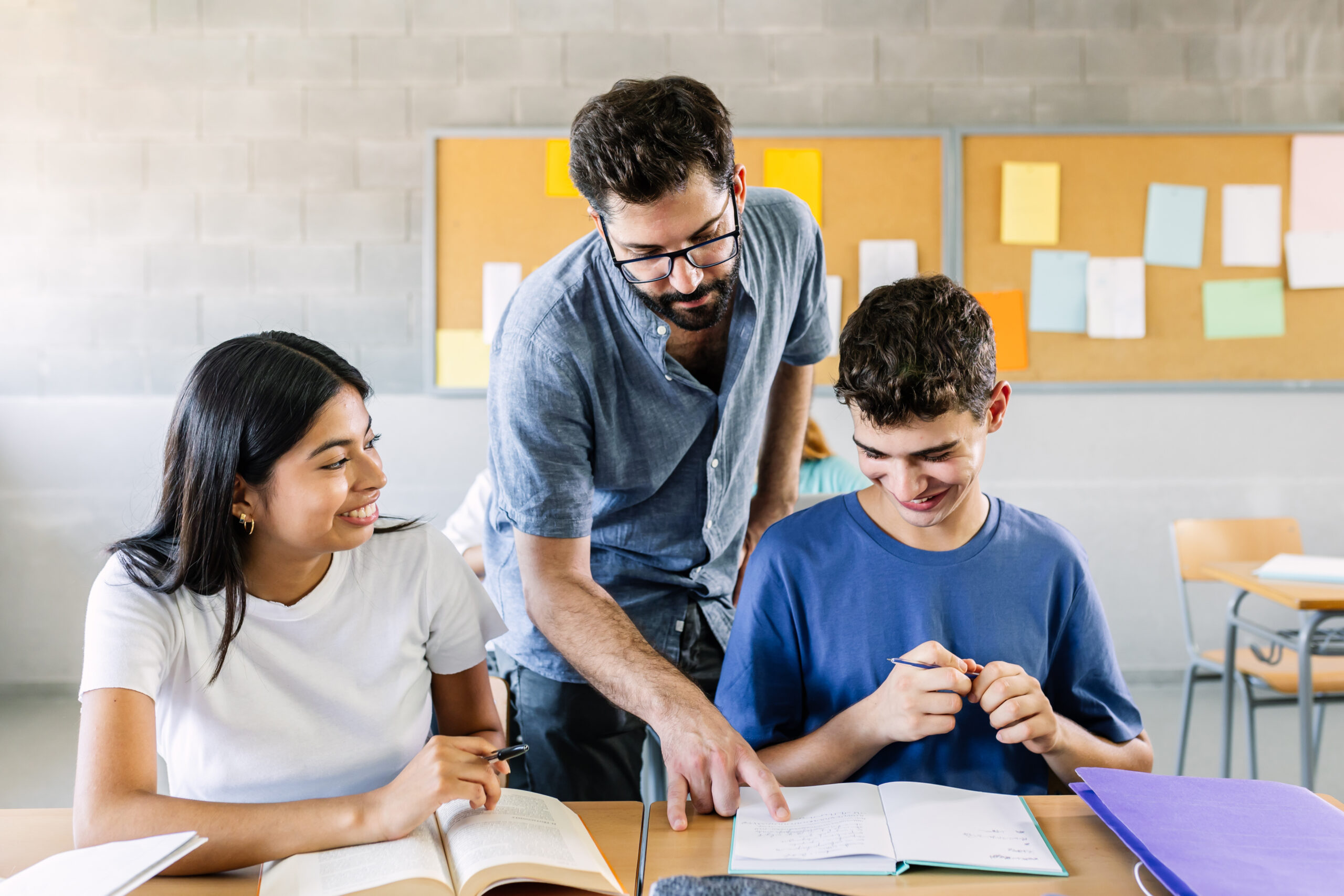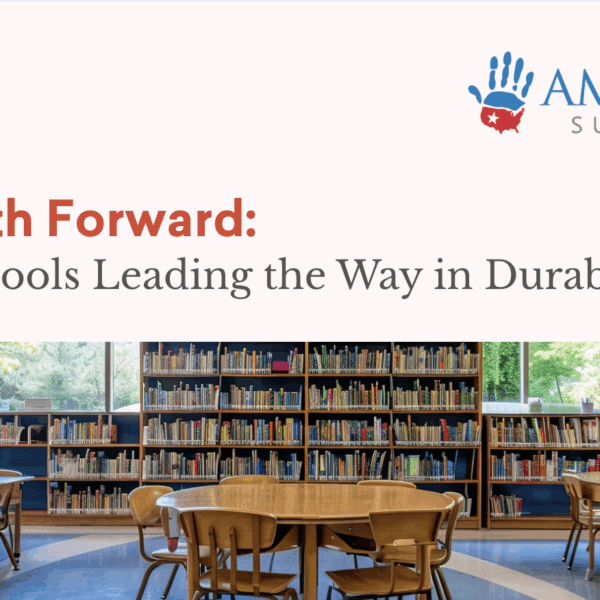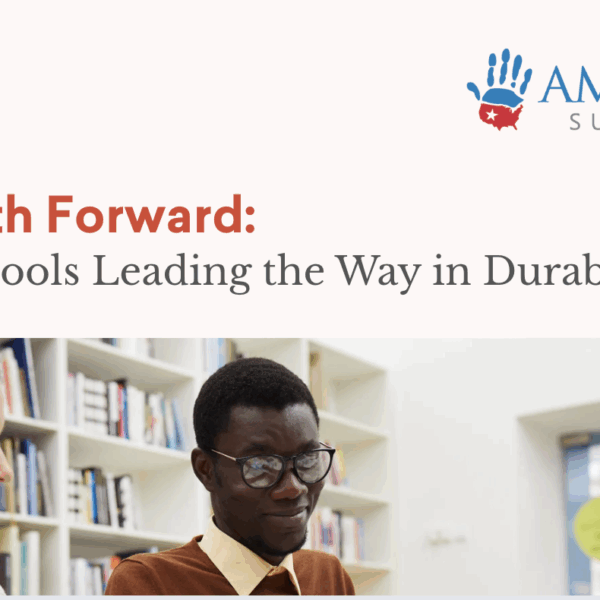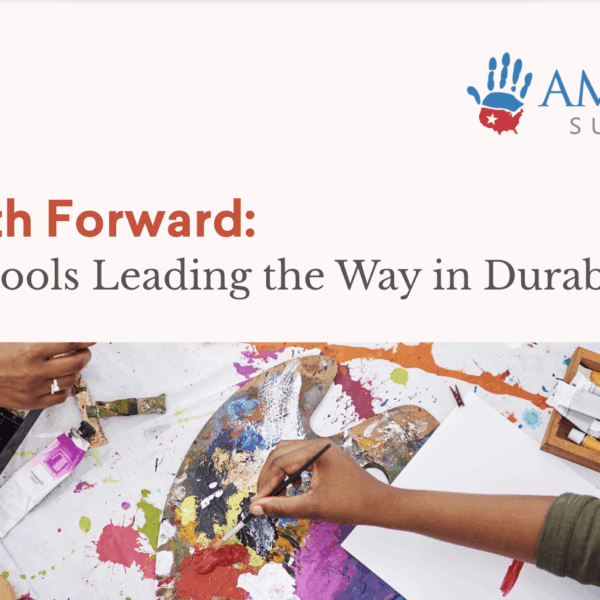Imagine a high-achieving student, fresh out of school, stepping into their first job. Armed with a stellar GPA and top test scores, they’re excited to contribute — but quickly realize they’re unprepared for the challenges ahead. The problems aren’t on a test, and the answers aren’t in the back of the book. The student is in trouble.
Education Isn’t Preparing Students for the Professional World
This disconnect plays out daily across industries, where employers report a glaring gap: graduates who lack the durable skills — critical thinking, adaptability, collaboration, etc. — that are essential for success in today’s workforce.
And the disconnect between education and workforce demands is widening.
Our analysis of 88 million job postings reveals that eight of the ten most in-demand skills are durable skills, and the top five durable skills were requested almost four times more than the top five technical skills. Yet, conventional education continues to prioritize rote memorization and standardized testing over these essential competencies. The result? Students graduate unprepared for the complex, ever-changing challenges of the real world, leaving employers struggling to find candidates ready to thrive and lead.
Schools Leading the Way
While the challenges are significant, our most recent report — Empowering Learners for School, Work, and Life: Insights from the Research Practice Collaborative — offers compelling evidence that schools can break free from outmoded paradigms to prioritize durable skills alongside academic achievement:
- Gibson Ek High School combines real-world internships with self-directed learning projects, allowing students to develop critical thinking and adaptability while pursuing their interests.
- Bostonia Global High School integrates traditional academics with competency-based project classes and mentorship programs, where students track their growth using digital dashboards and receive regular coaching to build durable skills like communication and leadership.
- GO CAPS Monett immerses students in profession-based learning, including client projects and industry mentorships, fostering collaboration, communication, and problem-solving.
- Building 21 Philadelphia uses a competency-based framework to guide students in mastering skills like “Wayfinding” and “Habits of Success,” ensuring they are prepared for life beyond the classroom.
Why Schools Must Adapt Now
The urgency to prioritize durable skills in education cannot be overstated.
If schools fail to adapt, students who stay will continue graduating unprepared for the demands of a rapidly evolving workforce. Employers consistently report difficulty finding candidates who can communicate effectively, solve problems creatively, and adapt to new challenges — capabilities that automation and technology cannot currently replicate well. Without action, the gap between school-based learning and workforce needs will only widen, leaving an entire generation of students at a disadvantage.
Take Action Today
Our report is more than a research project — it’s a launchpad for transformation. By highlighting innovative practices and proven solutions, it provides concrete examples and actionable recommendations for educators, policymakers, and communities to prioritize durable skills. Don’t wait to make a difference. Read the report today and join us in reshaping education to empower the next generation with the durable skills they need for lifelong success in school, work, and life.
Ready to enhance durable skills education in your school or district? We’ve partnered with TNTP to support implementation! Let us know if you’re interested in learning more: CLICK HERE.
Want to learn how to seamlessly integrate durable skills into your classrooms and lesson plans? We’ve partnered with Arizona State University Mary Lou Fulton Teachers College to build durable skills continuing education courses for educators! Check out the courses and our partnership: CLICK HERE.




